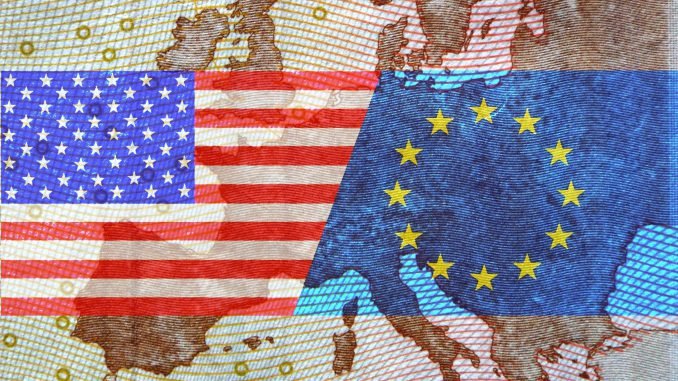
“If we are talking about one day or one year I don’t see anything happening. I don’t think given the rhetoric of the campaign that there is an imperative for the president to come up with new trade agreements. Except for some bilateral ones,” David Kreutzer, senior foreign trade expert at the center, told Lithuanian journalists.
In his opinion, US President Donald Trump has lately been focusing on bilateral trade contracts, however, they will be narrow and suited for one sector or a specific company.
Meanwhile, the center’s senior trade policy analyst Bryan Riley said that the EU should look at the ongoing talks among the United States, Canada and Mexico on revision of the terms and conditions of the trilateral North American Free Trade Agreement (NAFTA) to understand the future guidelines of US trade policies.
“I would pay close attention to the NAFTA negotiations and see if there are things that would be potentially problematic from Europe’s perspective or aligning with how Europe would like to see a trade agreement going in the near future (…) Some of the markers that we are putting down in negotiations are not necessarily related to NAFTA. I think it’s to make this a base for future trade agreements,” said Riley.
The US-EU free trade agreement has been coordinated since 2013, however, the Transatlantic Trade and Investment Partnership ( TTIP ) was basically frozen after Trump was inaugurated as US president at the beginning of this year.
TTIP has earlier been stalled due to various objections in Europe and the US amid fears of its possible negative impact on European health and environmental standards.
———-
Part of the costs of the BNS journalist’s trip to Washington D.C. was covered by the Lithuanian Foreign Ministry. This has no impact on the content of the story.

Be the first to comment